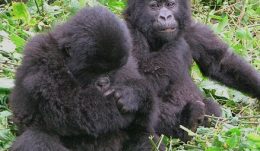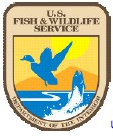- Locations: Río Muni, Equatorial Guinea
- Active dates: 1999 - 2015
Aims
Ensuring the long-term survival of forest species like the western lowland gorilla through a combination of approaches including research into status and threats and exploring alternatives to bushmeat for communities.
Species
Background
The species ranges across central Africa in the forests of Gabon, Cameroon, Equatorial Guinea, the Republic of Congo and Angola. Until recently it was thought that there was a single gorilla species with three subspecies (western lowland, eastern lowland and mountain gorillas) but DNA analysis revealed significant differences between eastern and western populations. Today, the western gorilla has two recognized subspecies: Gorilla gorilla gorilla (western lowland gorillas) and Gorilla gorilla diehli (Cross River gorillas). The most populous and wide-ranging is the western lowland gorilla but it is classified as Critically Endangered on the IUCN Red List due to a population decreased of over 60% in the past 25 years.
Actions
Rising urban demand for animal protein and a lack of alternative livelihoods to hunting for rural people are contributing to an increasingly unsustainable bushmeat trade in Equatorial Guinea, which is a major threat to gorillas and other forest wildlife. This project is working with local communities to evaluate culturally acceptable and economically viable bushmeat alternatives, such as improving the sourcing and marketing of frozen non-animal protein substitutes, or increasing local production of fresh fish and livestock, and increasing capacity to implement the most promising options.
Gallery
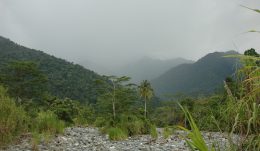
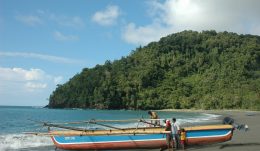
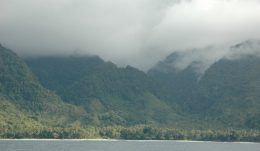
Achievements
Our research outputs include 3 PhD theses, 5 MSc theses and 12 peer-reviewed journal papers and book chapters.
A total of 8 staff from INDEFOR (the national forestry research and protected areas institute) and ANDEGE (a local conservation and
development NGO) staff have been trained in theoretical and field-based socio-economic research techniques.
12 months of socio-economic household-level data has been collected from 8 villages, with a further 4 in progress, across Río Muni. Monitoring of bushmeat harvests has been instigated alongside this.
Value chain analyses for livestock and fish are being conducted by students from the national university, UNGE, under supervision of the project.
An analysis of the feasibility of different bushmeat alternatives in EG, based on a literature review and key informant interviews, was published on the Convention on Biological Diversity (CBD) website as a background paper to a joint meeting of the CBD Bushmeat Liaison Group and the CITES Central Africa Bushmeat Working Group held in June 2011.
In 2012, ZSL supported a major government campaign to raise awareness and improve enforcement of the primate conservation law and continues to provide technical advice in this area.
ZSL has widely presented long-term data and research to the academic community, the media and policy-makers
Collaborators and Supporters
-
Rufford Foundation
-
US Wildlife and Fish Service
-
SeaWorld Busch Nature Foundation
-
Mohammad bin Zayed conservation fund
Related blog posts
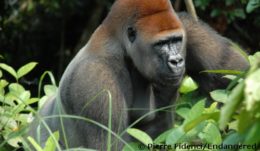
Species of the Week: Western Gorilla
The gorilla is one of the most impressive primates and the largest of the living apes: in some species males can weigh up…
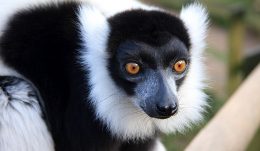
Impending extinction crisis of the world’s primates: why primates matter
Guest post by Luis D. Verde Arregoitia Earlier this week, a team of 31 primate researchers and conservation scientists from the U.S.A, Europe, Asia, Latin…
